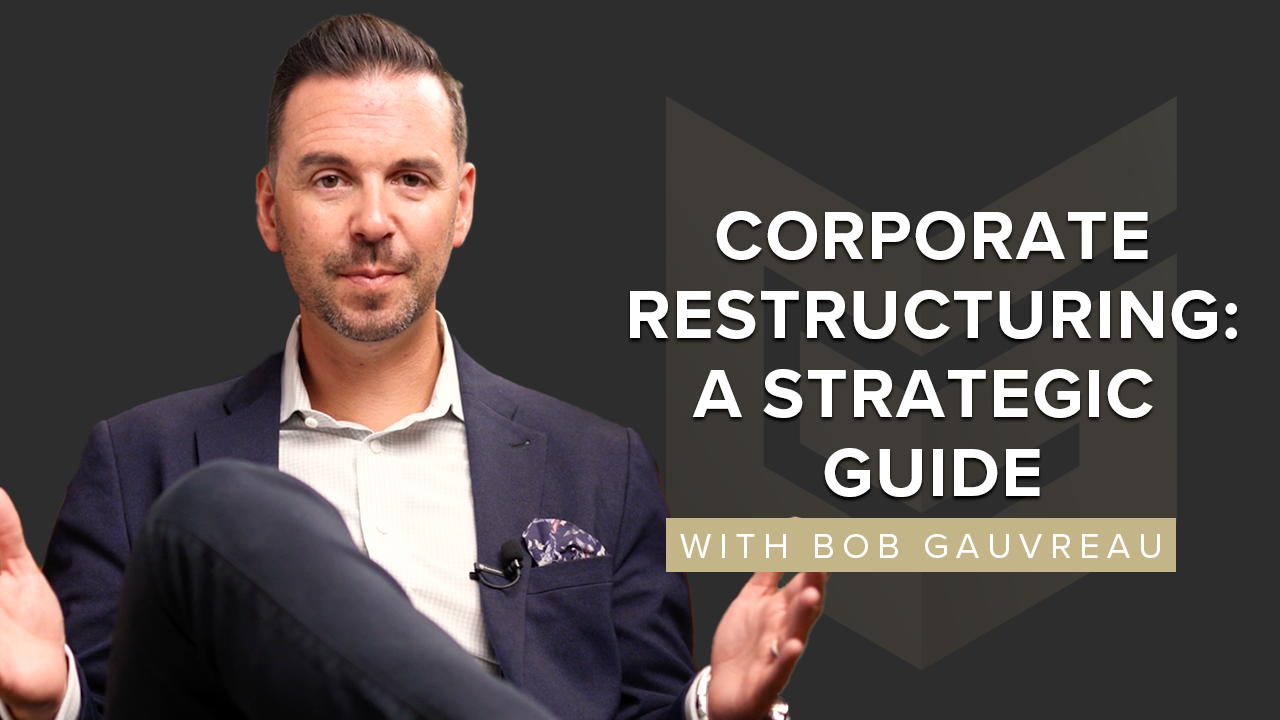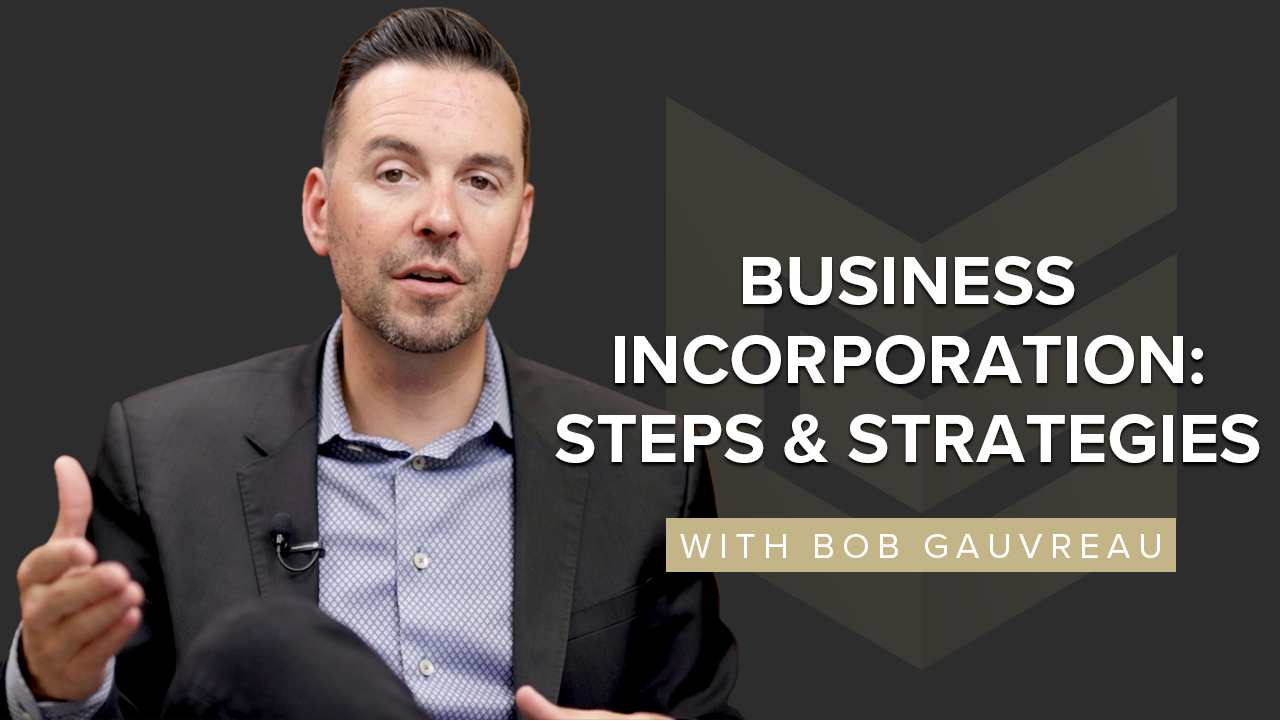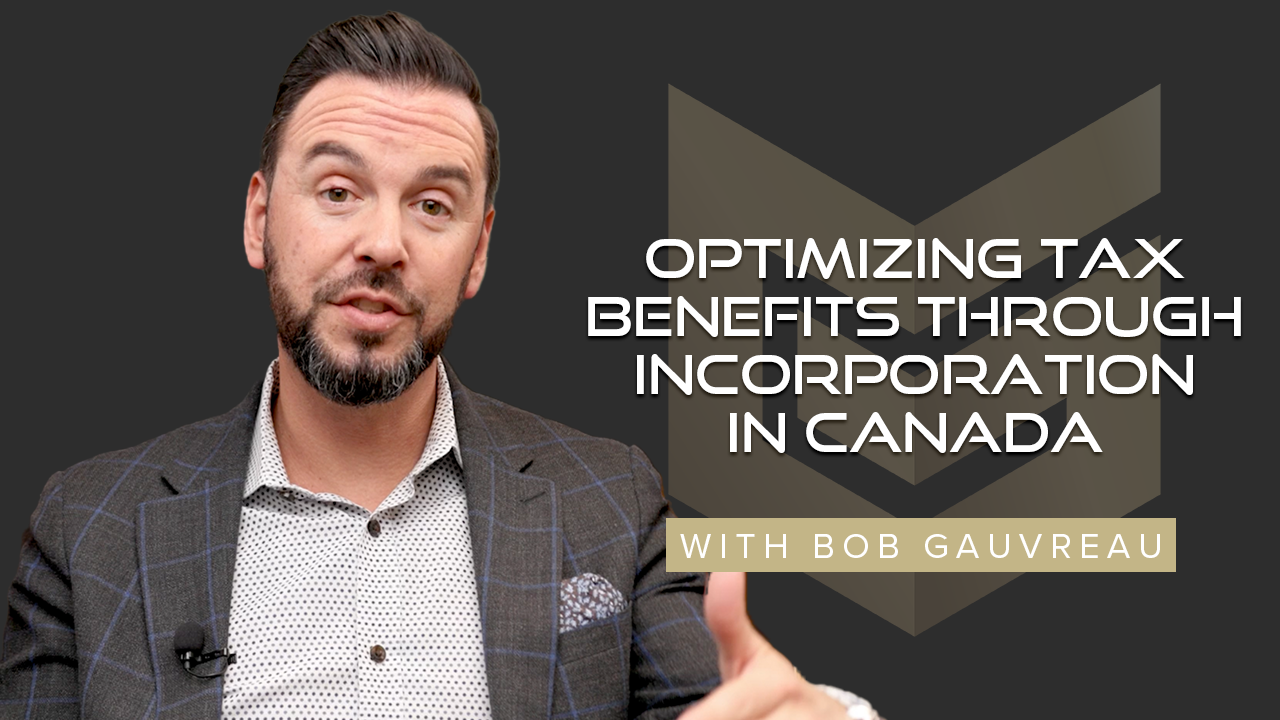Unlocking Wealth Through Corporate Restructuring: A Strategic Guide
Corporate restructuring may not be a term you hear every day, but for business owners seeking to make significant changes to their...
3 min read
 Gauvreau Accounting Tax Law Advisory
Jun 9, 2023
Gauvreau Accounting Tax Law Advisory
Jun 9, 2023
So, we want to understand how to set up a trust or what it means when we think of a trust. Sometimes, it's a trust fund where we have beneficiaries that we want to set up and ensure they are financially taken care of in the future. Let's talk about trusts. There are different types of structures that we can utilize for a business or personal purposes.
When we think of a proprietorship, it's essentially an unincorporated business that gets taxed as an individual. We assume all the risks as an individual, but it's probably not the preferred approach. On the other hand, we have a corporation, which is a separate legal entity. It has its own birth certificate and filing obligations. It is completely separate. One great thing about using a corporation is that it involves less personal risk when setting up a corporate structure. This becomes super important if we're looking at risk mitigation. Now, let's explore trusts. What is a trust? Well, it's not a separate legal entity or an individual; it's just an agreement. However, it does have a separate tax filing called a T3 or trust return. Now, why would we set up a trust?
Essentially, a trust is an agreement that states that this trust or agreement owns something. For example, a trust can own a corporation. It can be the main shareholder inside a corporation. Typically, trusts do not own any assets themselves; the assets are owned by another entity or being. However, what we can do is place any assets we have inside a corporation owned by this trust. Let's discuss the key aspects of a trust. Firstly, we have the beneficiaries. We are not the owners, shareholders, or beneficiaries ourselves. What does being a beneficiary mean? It means that someone inside the trust, who is a beneficiary, is entitled to receive any earnings or wealth accumulated from the ownership of this agreement.
For instance, I have a trust with my wife and two kids. All of us are beneficiaries. If my company makes money, let's say $100,000 this year, that income can go into the trust and I can allocate it to any beneficiaries I prefer. There are some rules around it, but that's how the beneficiary component works within a trust. What else do we need to know about trusts? Well, there are trustees. Trustees are essentially the people who are in charge of the direction of the trust. For example, if $100,000 comes into the trust and I am the only trustee, I have the authority to allocate this income to any of the beneficiaries. However, I may choose to allocate it to myself. Hence, it's important to understand that trustees have the voting rights of that agreement. Additionally, there are a few other components in a trust: a settlor, who officially engages the trust to be active, and typically donates something to the trust in exchange for its existence. Settlors are not beneficiaries or trustees; they make a one-time contribution to the trust. It may sound strange, but it's an old-school legislation that has never really been updated.
So, why would a trust be beneficial? Ultimately, when we have multiple beneficiaries, we can split the income. If the corporation or assets we own generate income, we can distribute it among the beneficiaries. We can even create a corporate beneficiary, where if our company makes money but we want to protect those funds by transferring them out of our operating business, we can do so through the trust into a corporate beneficiary, thus safeguarding our assets. Trusts can be a bit complicated, and it's not something you want to set up on a cost-effective basis. You want a trust set up according to your goals, ambitions, and family situation. If a trust is not set up properly, it's difficult to amend it in the future, and starting over becomes necessary.
Therefore, when creating a trust, it's crucial to be clear on the objectives and ensure it has as much flexibility as possible during its formation. This is not something you want to create on your own. You should seek the advice and guidance of an expert. However, using a trust provides us with the opportunity for a smooth transition of future assets and net worth, as well as the minimization of tax along the journey by splitting it among multiple beneficiaries.
Unlock the possibilities of trusts and safeguard the future of your wealth. Contact our tax team today to explore the world of trusts and create a tailored plan that secures your financial legacy. Subscribe to our channel for more valuable insights on strategic financial planning and tax optimization. Let's navigate the trust landscape together!

Corporate restructuring may not be a term you hear every day, but for business owners seeking to make significant changes to their...

Incorporating your business is one of the most strategic moves you can make as an entrepreneur. While the tax advantages often steal the...

Incorporating a business in Canada comes with significant tax advantages that can fundamentally alter the financial landscape for business...